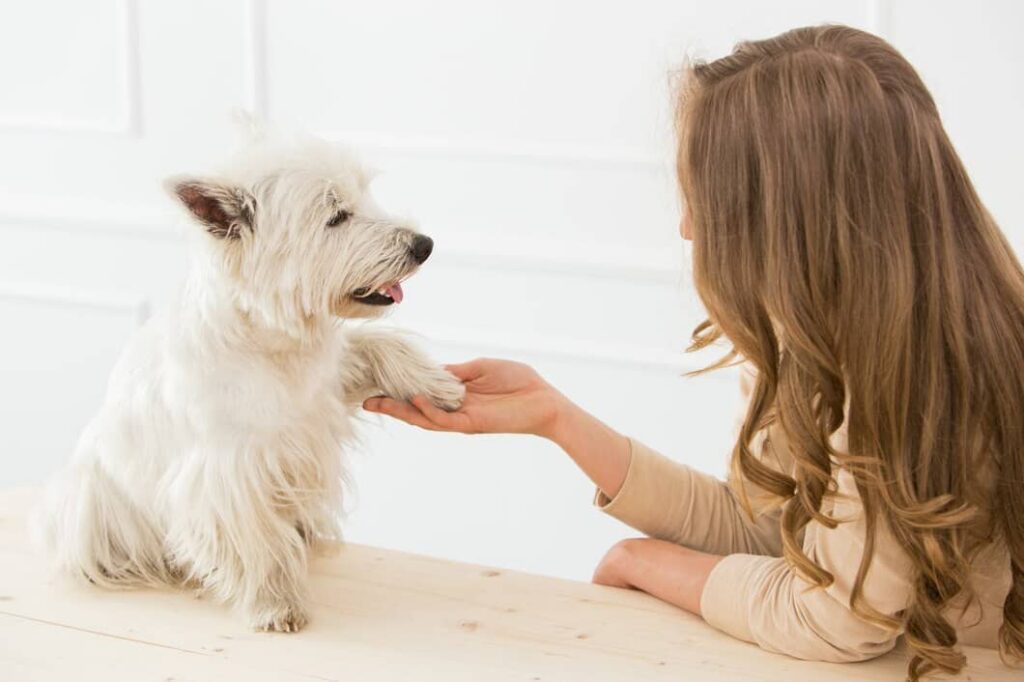
Small dog breeds that dont shed: A Guide to Hypoallergenic Companions
Outline
- Introduction to Small Non-Shedding Dog Breeds
- Understanding Hypoallergenic Dogs
- Benefits of Owning Non-Shedding Breeds
- Top Small Dog Breeds That Don’t Shed
- Bichon Frise: The Cheerful Companion
- Shih Tzu: The Ancient Royal
- Maltese: The Aristocratic Charm
- Miniature Schnauzer: The Lively Watchdog
- Yorkshire Terrier: The Spirited Companion
- Caring for Non-Shedding Dogs
- Grooming Essentials
- Dietary Needs and Health Care
- Exercise and Training Tips
- Living with a Small Non-Shedding Dog
- Compatibility with Families
- Apartment Living and Small Spaces
- Socializing and Behavior
- Adoption and Responsible Ownership
- Choosing the Right Breed
- Adoption Vs. Buying
- Commitment to Long-Term Care
- Frequently Asked Questions
- Conclusion

Introduction to Small Non-Shedding Dog Breeds
Small non-shedding dog breeds are a dream for many pet lovers. They combine the joy of having a furry companion with the convenience of minimal grooming. These breeds are particularly appealing to those with allergies, as their hypoallergenic nature means less dander and fewer allergic reactions.
Understanding Hypoallergenic Dogs
The term “hypoallergenic” is a bit of a misnomer. No dog is completely allergen-free, but some breeds produce fewer allergens than others. This is often due to their non-shedding coats, which trap dander – the primary cause of pet allergies.
Benefits of Owning Non-Shedding Breeds
Owning a small, non-shedding dog comes with many perks. Not only do these breeds require less vacuuming and cleaning, but they also tend to be excellent companions for apartment living or for those with limited space.
Top Small Dog Breeds That Don’t Shed
Here are some of the most popular small dog breeds known for their minimal shedding and charismatic personalities.

Bichon Frise: The Cheerful Companion
The Bichon Frise, with its fluffy white coat and cheerful disposition, is a joy to have around. They’re friendly, playful, and great with children and other pets.
Shih Tzu: The Ancient Royal
Originally bred for royalty in China, the Shih Tzu is a dignified yet friendly breed. Their luxurious coat requires regular grooming but shed very little.
Maltese: The Aristocratic Charm
The Maltese is a graceful breed known for its long, silky white hair and gentle temperament. They’re affectionate, and responsive, and make excellent lap dogs.
Miniature Schnauzer: The Lively Watchdog
Don’t let their size fool you; Miniature Schnauzers are fearless and energetic. They have a wiry coat that sheds minimally and are known for being highly intelligent and trainable.
Yorkshire Terrier: The Spirited Companion
The Yorkshire Terrier, or “Yorkie,” is a small dog with a big personality. They have a beautiful, fine coat that doesn’t shed much and are known for their loyalty and affectionate nature.
Caring for Non-Shedding Dogs
Grooming Essentials
While non-shedding dogs don’t leave much hair around the house, they do require regular grooming. This includes brushing, bathing, and in some cases, professional grooming to keep their coats healthy and mat-free.
Dietary Needs and Health Care
A balanced diet is crucial for the health of small, non-shedding breeds. Regular veterinary check-ups are also important to monitor their health and catch any issues early.
Exercise and Training Tips
Despite their size, small dogs need regular exercise and mental stimulation. Training them can be a rewarding experience, as many small breeds are eager to please and quick to learn.
Living with a Small Non-Shedding Dog
Compatibility with Families
Small non-shedding dogs can be great family pets. They usually adapt well to different environments and can form strong bonds with their human companions.

Apartment Living and Small Spaces
These breeds are ideal for apartment living. Their small size and lower energy levels make them well-suited to indoor living, though they still enjoy regular walks and playtime.
Socializing and Behavior
Proper socialization is key for any dog breed. Small dogs can sometimes be feisty or territorial, so early socialization and consistent training are important.
Adoption and Responsible Ownership
Choosing the Right Breed
When considering a small non-shedding dog, it’s important to choose a breed that matches your lifestyle and living situation. Researching and understanding the breed’s characteristics and needs is crucial.
Adoption Vs. Buying
Adopting a dog can be a rewarding experience. Many small breeds end up in shelters and are in need of loving homes. If buying from a breeder, ensure they are reputable and ethical.
Commitment to Long-Term Care
Owning a dog is a long-term commitment. It’s important to consider the financial, emotional, and time investment required to care for a pet throughout its life.
Frequently Asked Questions
- Are small non-shedding dogs good for allergy sufferers?
- How often do non-shedding dogs need to be groomed?
- Can small dogs adapt well to living with children?
- What are some common health issues in small non-shedding breeds?
- How can I find a reputable breeder or adoption center?
- What is the average lifespan of small non-shedding dogs?
Conclusion
Small dog breeds that don’t shed offer a wonderful balance of companionship and convenience. They are ideal for those seeking a loving pet with minimal grooming needs and are particularly suitable for allergy sufferers and apartment dwellers. By choosing the right breed, providing proper care, and committing to responsible ownership, you can enjoy a fulfilling relationship with these charming, hypoallergenic companions.
Facebook
Pinterest
Twitter
LinkedIn

